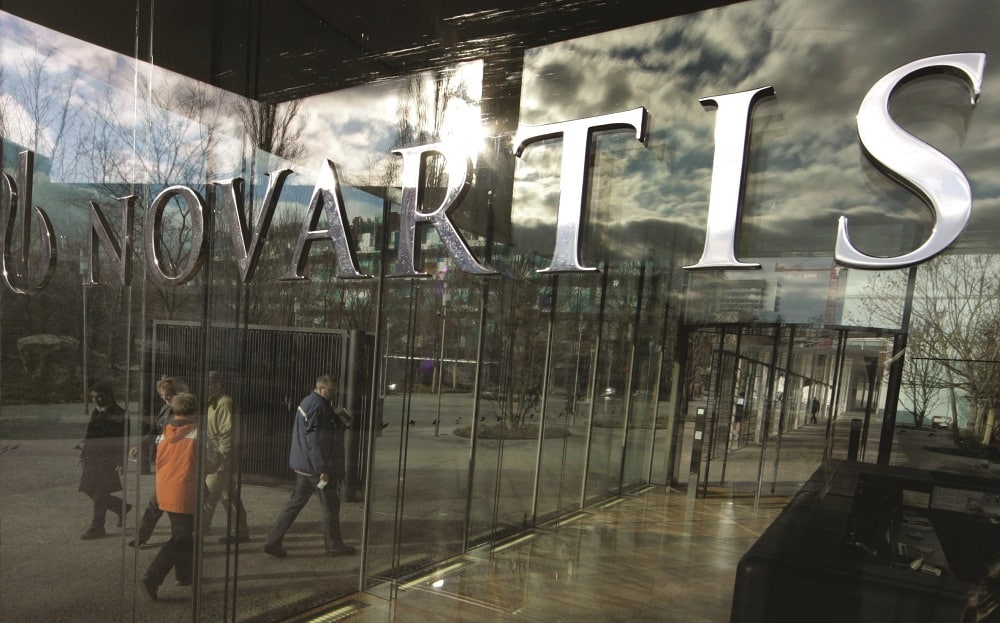
Novartis’ Kisqali gains breakthrough status in premenopausal breast cancer
pharmafile | January 3, 2018 | News story | Research and Development, Sales and Marketing | Kisqali, Novartis, biotech, drugs, pharma, pharmaceutical
Novartis has received a major boost in its efforts to broaden use of its CDK4/6 inhibitor, by receiving a breakthrough status from the FDA in evaluating its potential for use in premenopausal women with breast cancer.
The announcement is significant because its product, Kisqali, currently lags behind the market leader, Pfizer’s Ibrance, but it is the first to receive the FDA’s attention in the premenopausal area. This could potentially open a much wider market for Kisqali, with the condition being the leading cause of cancer death in women between the ages of 20 and 59.
The designation is intended to expedite the development of medicine for conditions with serious unmet need, and will see a six-month review of the data compiled by Novartis.
Novartis applied to the FDA based on data from its Monaleesa-7 Phase 3 trial, which saw the treatment evaluated as a potential first line treatment for women with hormone-receptor positive, human epidermal growth factor receptor-2 negative (HR+/HER2-) advanced or metastatic disease, alongside tamoxifen or an aromatase inhibitor.
The study showed that Kisqali, in combination, was able to achieve median progression-free survival by 22.1 months compared with only 11 months when patients received oral endocrine therapies and goserelin.
“This Breakthrough Therapy designation reflects the significance and promise of the MONALEESA-7 data presented at SABCS last month,” said Samit Hirawat, Head of Novartis Oncology Global Drug Development. “Younger women often have distinct treatment goals and needs, and it is important for oncologists to offer effective and well-studied treatment options for their specific disease. We look forward to working with FDA to make this combination therapy available to premenopausal women living with HR+/HER2- advanced breast cancer in the US as soon as possible.”
Should Kisqali receive approval for the indication, it would go some way to improving its market share in comparison with Pfizer’s treatment. Ibrance is still some way in the lead after having reaped $2.4 billion in sales in the first three quarters of the year, with Novartis’ treatment only claiming single digit percentage of the overall CDK4/6 market.
Ben Hargreaves
Related Content

Arkin Capital closes $100m fund for pre-clinical and early clinical-stage biotech
Arkin Capital has announced the closing of Arkin Bio Ventures III, a $100m fund designed …

Cellbyte raises $2.75m to fund pharma drug launch platform
Cellbyte has announced that it has raised $2.75m in seed funding for the streamlining of …

Novartis receives SMC approval for early breast cancer treatment
Novartis has announced that its treatment for early breast cancer, Kisqali (ribociclib), has received approval …






